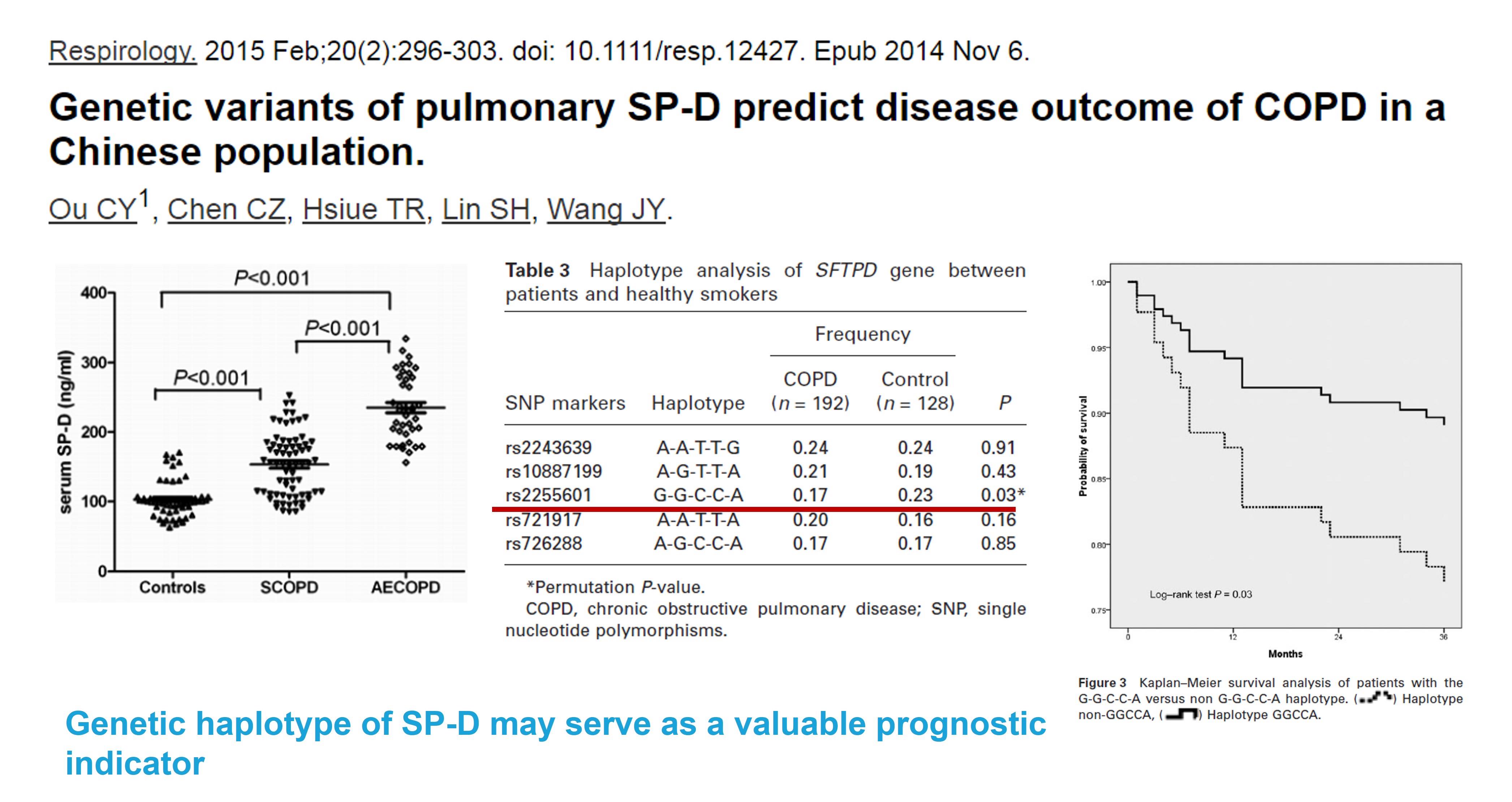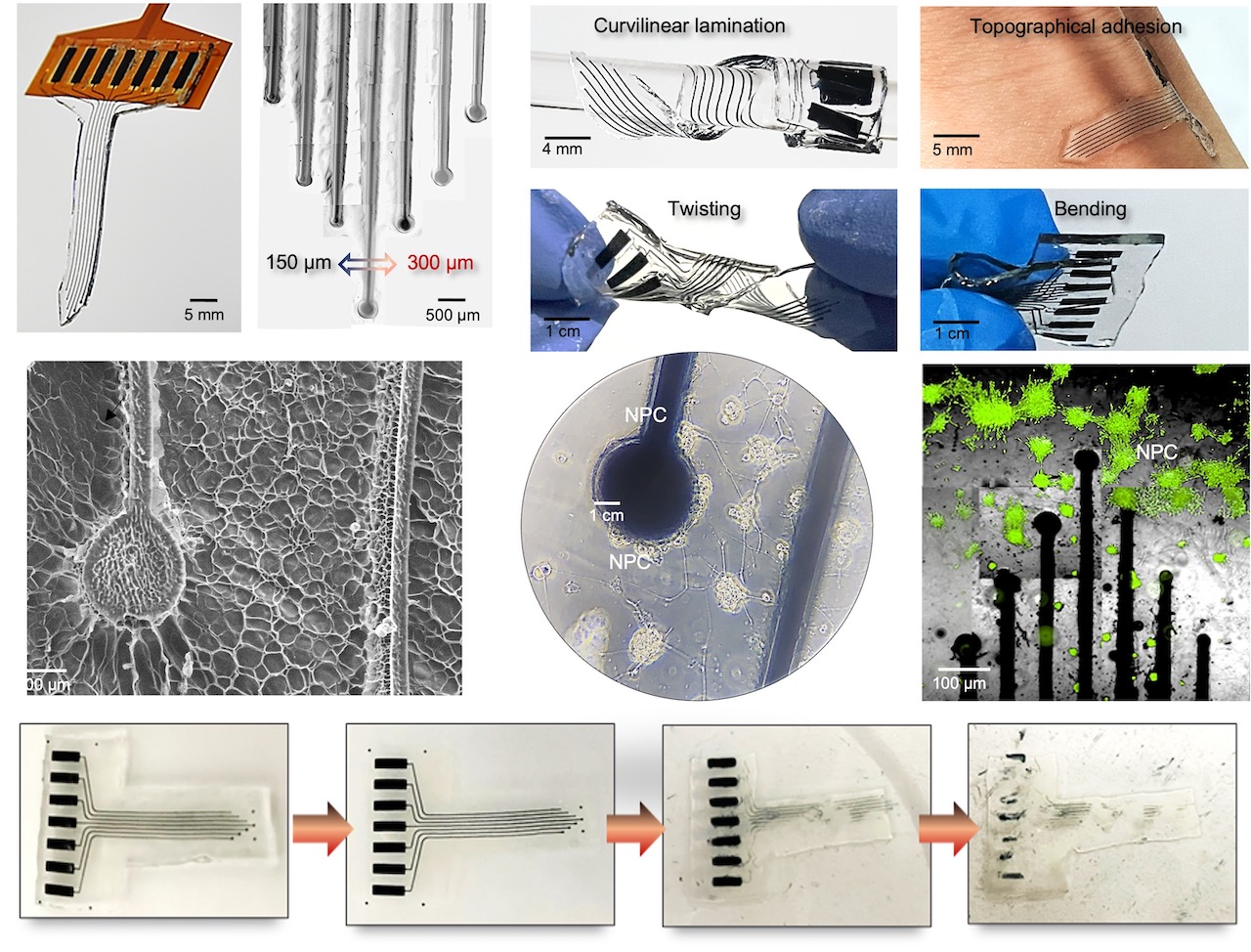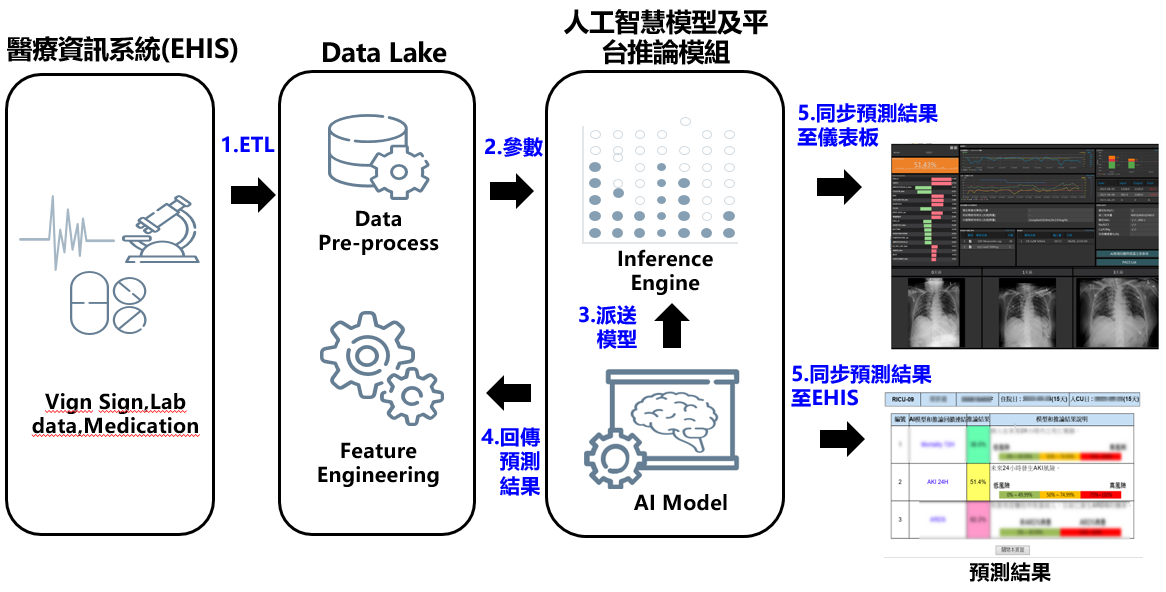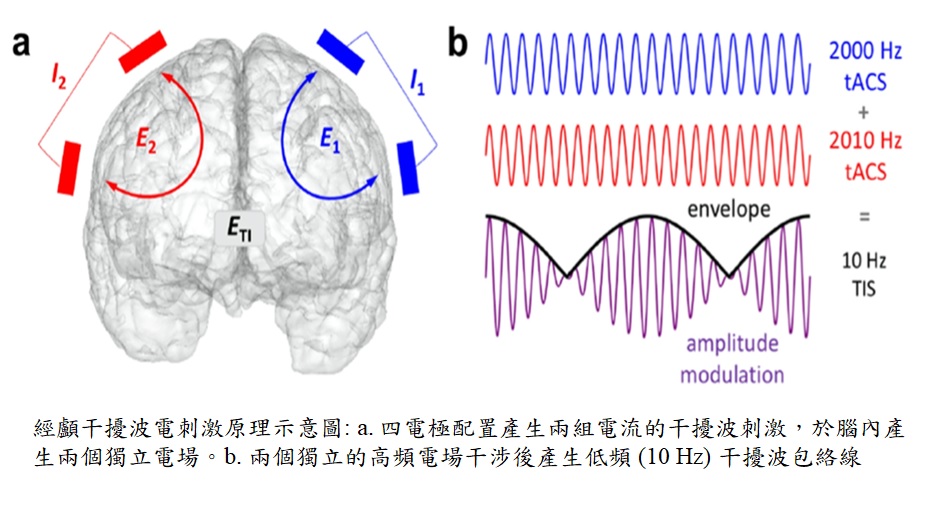Integration of intelligent transcranial magnetic stimulation and language -cognitive VR training system


Recovery from the brain damage caused by stroke, traumatic brain injury,
or brain tumors is typically difficult. In recent years, neuromodulation met
hods using repetitive transcranial magnetic stimulation (rTMS) have been
developed to stimulate residual brain areas and promote brain function re
covery. Multiple international and multicenter studies and retrospective ar
ticles have confirmed that rTMS is a safe and highly evidence-based treat
ment for neurological disorders. Our team is among the earliest in the cou
ntry to develop rTMS for treating language impairment associated with br
ain disorders. Since 2010, we have received support from the National Sci
ence Council and have been actively involved in innovative research, inclu
ding non-invasive vagus nerve stimulation to enhance pharyngeal articula
tion and swallowing function recovery. Our team has also established standardized treatment protocols for various functional domains, including m
otor, language, swallowing, and cognitive functions. In recent years, we ha
ve integrated precision medicine, neuroimaging technology, and smart he
althcare to enhance treatment efficacy. Virtual reality (VR) therapy has bee
n widely used in the rehabilitation of motor and cognitive functions. Howe
ver, there is a lack of development in the context of Chinese language. We
have pioneered the use of a Chinese phonetic model in VR, which amplifie
s and enhances oral pronunciation, providing visual and realistic stimuli to
facilitate Chinese language learning. Both rTMS and VR have demonstrate
d superior effects in academic and clinical settings individually. However, t
here is currently no research on the combination of these two methods w
orldwide. We have innovatively linked these two systems to achieve a mul
tiplied therapeutic effect. We have found that when the brain receives TM
S stimulation while simultaneously receiving visual and auditory stimuli fr
om VR, synchronous learning effects can be induced.
Taipei Veterans General Hospital was founded at this present address of Taipei Shipai on 1 January 1958. With an initial of 600 beds, it has now expanded to nearly 3,000 beds to regard as a National Medical Center. The Hospital established the Taichung Branch in 1982, Kaohsiung Branch in 1990, “Ta Wo Clinic” at Wolong Street, Taipei in 1998, started to manage Guandu Hospital as entrusted by Taipei City Government in 2000, and listed seven Veterans Hospitals at Suao, Yuanshan, Taoyuan, Hsinchu, Taitung, Yuli and Fenglin as the branches under its jurisdiction in 2011 to 2013. The Hospital is still expanding its services but without forgetting to extend its care in remote areas. The difficulties and grueling pioneering works that the predecessors have done are the greatest motivation and encouragement to me.
Name:
Phone:
Address:No.201, Sec. 2, Shipai Rd., Beitou District, Taipei City, Taiwan 11217,

Administration with recombinant fragment of human SP-D (rfhSP-D) in t he diagnosis and treatment for chronic obstructive pulmonary disease

Degradable Implantable Flexible Microelectrode Patch with High-Resolution Electrical Stimulation, Electrophysiological Signal Sensing, and Cellular Regenerative Therapy

Artificial Intelligence Acute Kidney Injury Prediction: Real-time Inference and Interactive Critical Care System

Prospective Transcranial Temporal Interference Stimulation: Pioneering a New Era of Non-Invasive Deep Brain Stimulation
Technology maturity:Experiment stage
Exhibiting purpose:Display of scientific results
Trading preferences:Negotiate by self
*Organization
*Name
*Phone
*Main Purpose
*Discuss Further
*Job Category
*Overall Rating
*Favorite Area
*Key Tech Focus
*Willing to Receive Updates?
Other Suggestions
Coming soon!